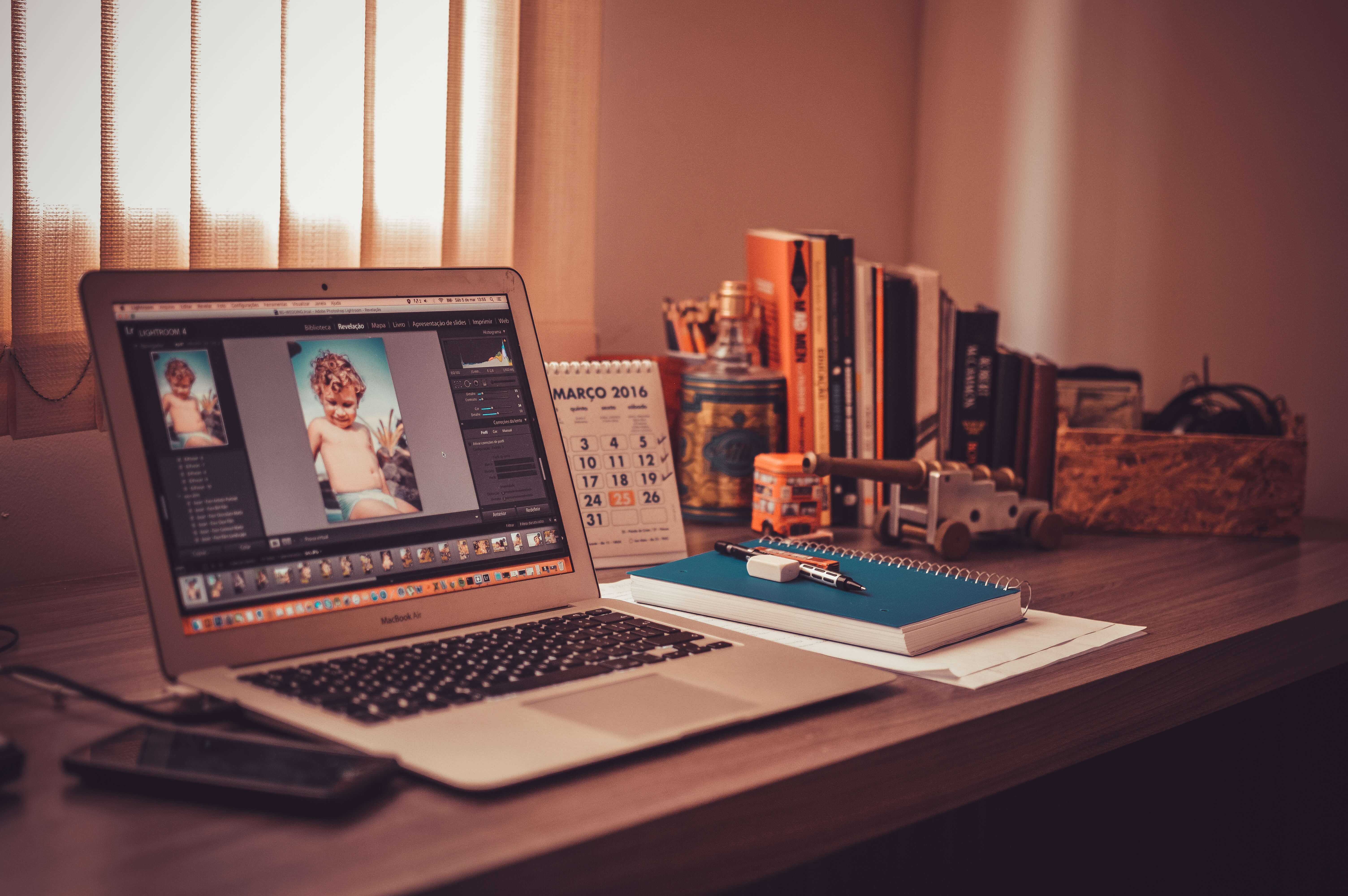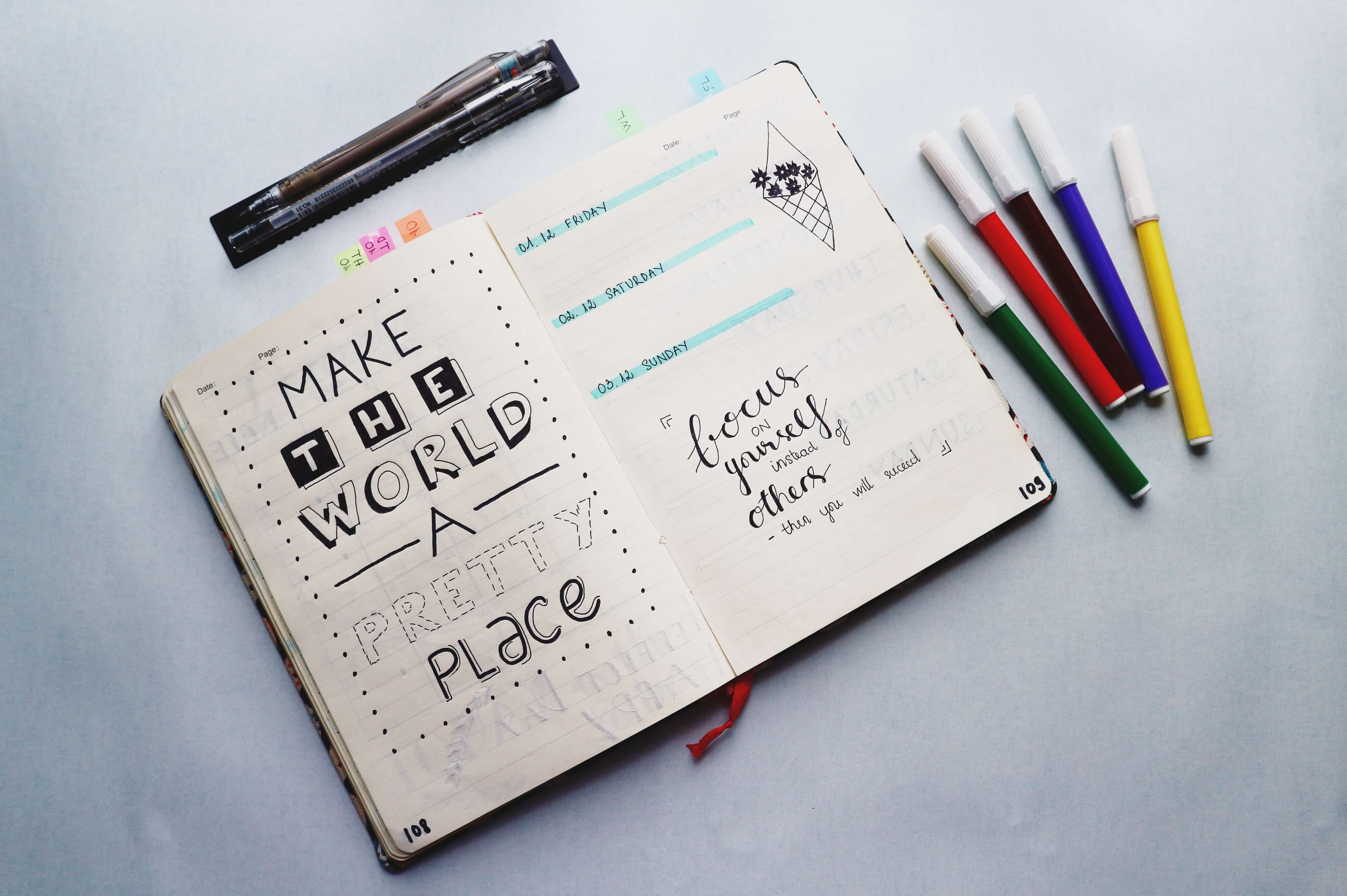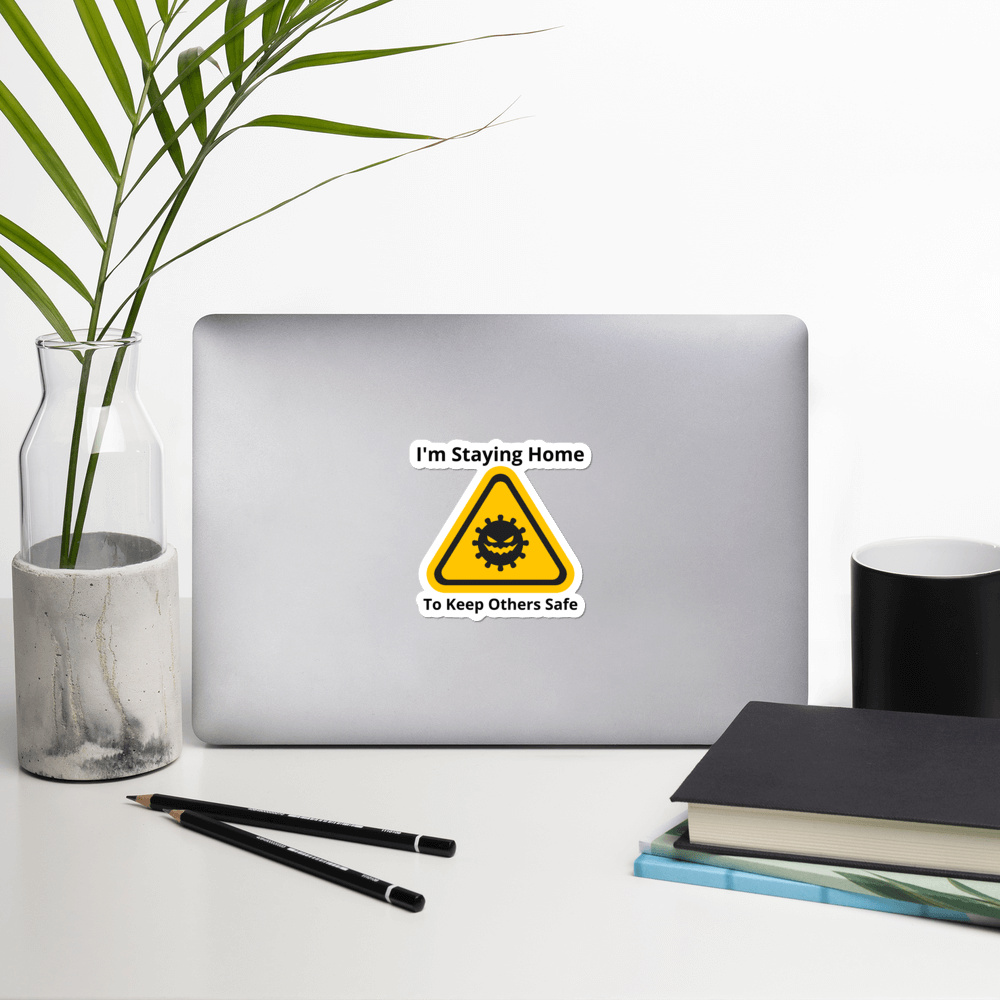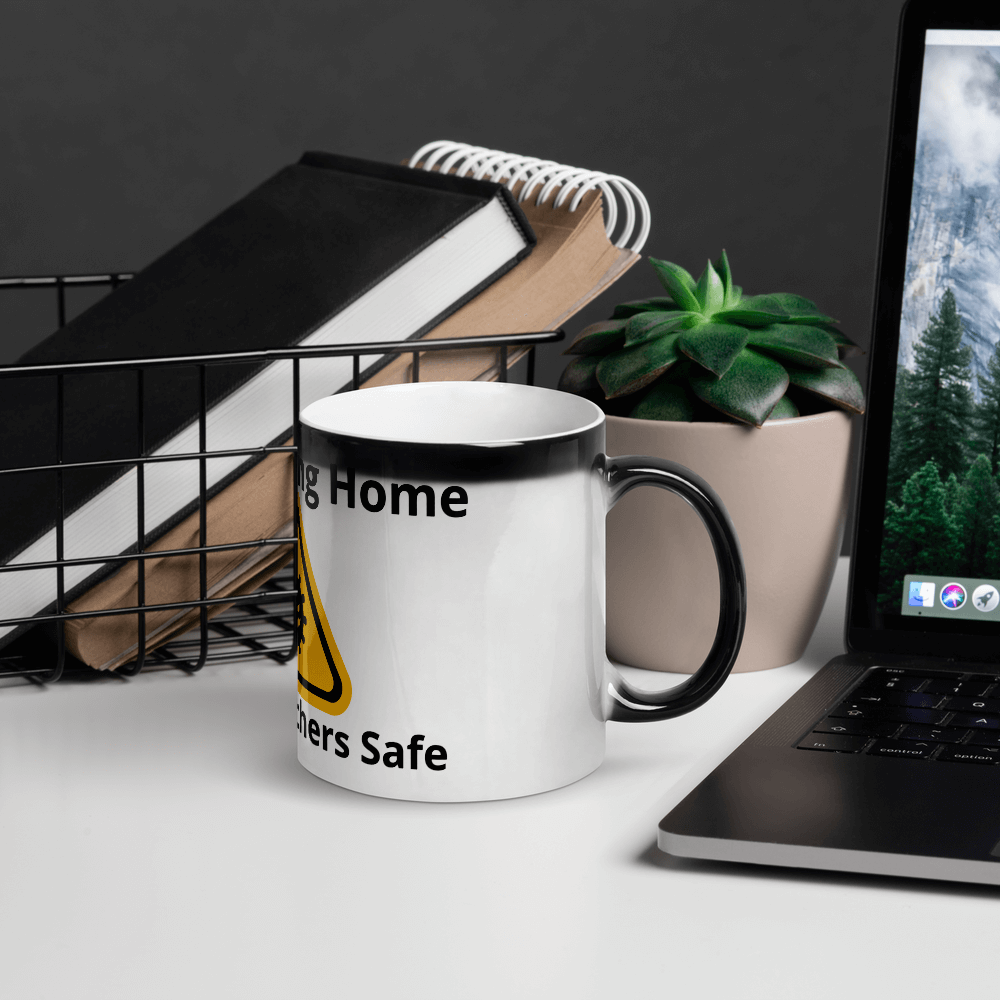Working from home is not a new thing with many of us doing it regularly or all the time. However if you are in a situation where it is new or due to the Corona Virus have been told to work from home for an extended period of time then you may not really have a clue where to start. Sitting on the sofa with your laptop top is ok for a few minutes a day but not for extended times. So grab a coffee sit back and read The Ultimate Working from Home Guide.
Get started early
When working in an office, your morning commute can help you wake up and feel ready to work by the time you get to your desk. At home, however, the transition from your pillow to your computer can be much more jarring.
Pretend like you are going into the office
The mental association you make between work and an office can make you more productive, and there’s no reason that feeling should be lost when working from home.
When working from home, do all the things you’d do to prepare for an office role: Set your alarm, make (or go get) coffee, and wear nice clothes. Internet browsers like Google Chrome even allow you to set up multiple accounts with different toolbars on the top — for example, a toolbar for home and a separate toolbar for work.
Structure your day like you would in the office
When working from home, you’re your own personal manager. Without things like an in-person meeting schedule to break up your day, you can be quick to lose focus or burn out.
To stay on schedule, segment what you’ll do and when over the course of the day. If you have an online calendar, create personal events and reminders that tell you when to shift gears and start on new task. Use your work calendar to set up things like lunch breaks and even enter personal appointments but just hit that private button in Outlook.

Choose a dedicated work space
Just because you’re not working at an office doesn’t mean you can’t, well, have an office. Rather than cooping yourself up in your room or on the couch — spaces that are associated with leisure time — dedicate a specific room or surface in your home to work.
This is really important for your wellness. If you are sitting in the living room in front of the TV there is no longer a disconnect from a work to chill space. If you don’t have a spare room try setting up a table with all your office essentials and only use this when working.
Don’t stay at home
Is your home office just not getting it done for you? Take remote working a step further and get out of the house. Coffee shops, libraries, public lounges, and similar Wi-Fi-enabled spaces can help you simulate the energy of an office so you can stay productive even when you don’t sit in an official workplace.
If this is not possible due to self isolating due to Corona virus then have social interactions over FaceTime etc. Keep those friendships alive. You can even play boardgames etc over video which can keep your mind busy and not feeling socially isolated.

Make it harder for yourself to mess around on social media.
Social media is designed to make it easy for you to open and browse quickly. At work, though, this convenience can be the detriment of your productivity.
To counteract your social networks’ ease of use during work hours, remove them from your browser shortcuts. You might even consider working primarily in a private or, if you’re using Chrome, an “Incognito” browser window. This ensures you stay signed out of all your accounts and each web search you conduct doesn’t autocomplete the word you’re typing. It’s a guarantee that you won’t be tempted into taking too many social breaks during the day.
Work when you’re at your most productive.
Nobody sprints through their work from morning to evening — your motivation will naturally ebb and flow throughout the day. When you’re working from home, however, it’s all the more important to know when those ebbs and flows will take place and plan your schedule around it.
To capitalise on your most productive periods, save your harder tasks for when you know you’ll be in the right headspace for them. Use slower points of the day to knock out the easier, logistical tasks that are also on your plate. The great thing about working from home is you can command your work day. But be mindful that you log off and don’t get sucked in to those extra hours.

Plan out what you’ll be working on ahead of time
Spending time figuring out what you’ll do today can take away from actually doing those things. And, you’ll have planned your task list so recently that you can be tempted to change your schedule on the fly.
It’s important to let your agenda change if you need it to, but it’s equally as important to commit to an agenda that outlines every assignment before you begin. Try solidifying your schedule the day before, making it feel more official when you wake up the next day to get started on it.
For those Agile workers out there you will be used to this as working in sprints and building your backlog gives you this structure. For those who do not there are some great tools from Agile Scrum that you can borrow to help you structure your weeks.
Use technology to stay connected
Working from home might help you focus on your work in the short term, but it can also make you feel cut off the larger operation happening in the office. Instant messaging and videoconferencing tools can make it easy to check in with coworkers and remind you how your work is contributing to the big picture. For example have a daily standup in the morning with all your team members. Discussing what you did yesterday and what you will do today. It should last no more than 15 minutes.

Take clear breaks
It can be so easy to get distracted as a telecommuter that you avoid breaks altogether. Don’t let the guilt of working in the building you sleep in prevent you from taking five to relax. Rather than just opening YouTube and watching some comfort clips, however, use your breaks to get away from your desk. Go for a walk outside or spend time with others who might also be in the house.
Pick a definitive finishing time each day
You might be under the impression that working from home establishes more work-life balance, but be careful with that assumption. Working from home can also feel like being at a casino — you can get so caught up in your activity, in a relaxing environment, that you lose complete track of time.
In lieu of coworkers, whose packing up and leaving the office reminds you to do the same, set an alarm at the end of the day to indicate your normal work day is coming to an end. You don’t have to stop at exactly that time, but knowing the work day is technically over can help you start the process of saving your work and calling it quits for the evening.

What are your top tips for working from home? We would love to know so just hit them up in the comments. If you are also thinking of becoming a freelancer or working from home more then check out our pro tips on becoming a freelancer.
Since you are here
Why not check out our stay home save lives range. We are donating all profits from sales to the National Emergency Trust.






